Latest News
US was losing war to IEA so it turned to negotiations: Khalilzad
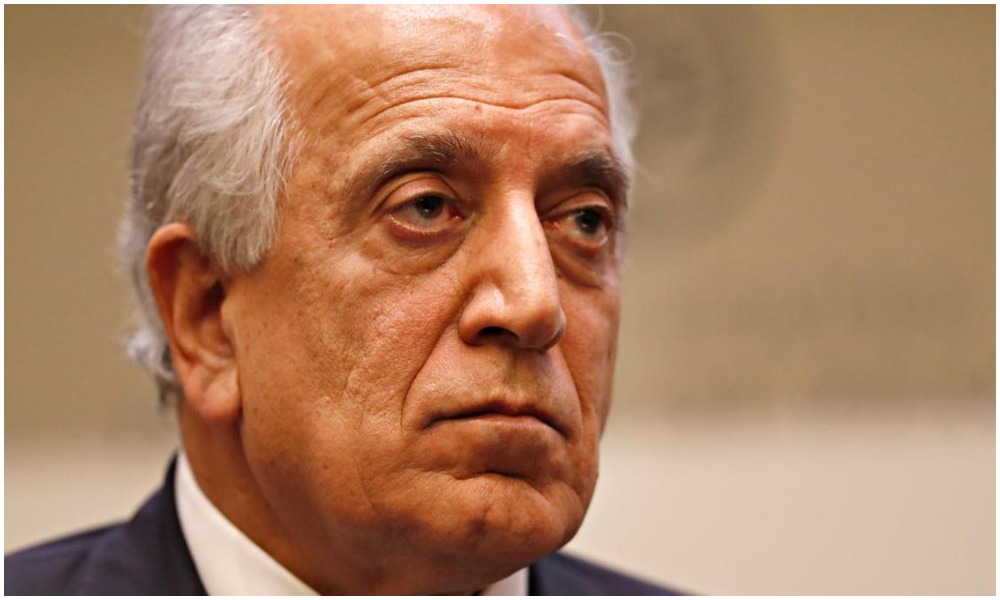
The United States was losing the war to the Taliban (IEA) so it chose negotiations as an alternative, said the former US special representative for Afghanistan Zalmay Khalilzad in an interview with CBS News.
According to him, Washington tried many times to strengthen its position on the battleground but it failed.
“We did not defeat them. In fact, they were making progress on the battlefield even as we were negotiating with them. And the reason we negotiated with them was because militarily things were not going as well as we would have liked. We were losing ground each year,” he said.
Khalilzad blamed former Afghan president Ashraf Ghani for the disintegration of Afghanistan’s security sector, saying his escape triggered the chaos i seen in Kabul as the US withdrew its troops.
“But I believe the biggest difficulty was that President Ghani and a few other Afghan leaders did not believe that we were serious about withdrawal for a long time, and they liked the status quo compared to a political settlement in which they might not have the jobs that they had and- and the resources that the US was providing would not be there.
“They preferred the status quo to a political settlement. And then when it became clear that the U.S. was leaving, then they- they miscalculated the effects of-of the continuing war. They were not serious about the political settlement,” he said.
and did not take into account the real situation in the country.
Khalilzad believes that the US counterterrorism mission in the country succeeded as “the terrorist threat from Afghanistan is not what it used to be” and al-Qaeda has been “devastated.”
He said the Islamic Emirate of Afghanistan (IEA) is living up to its agreement regarding al-Qaeda stating “we are convinced that they are not allowing- they are not allowing plotting and planning operations by al-Qaeda against the United States.
“We always would like to see more from the Taliban (IEA), from almost any country that we deal with on this issue. We would like them to do more. We would like to expel- to- to get them to expel any al-Qaeda member who was there.”
“We should press them to do more on the issue of terrorism,” he added.
Asked if he knew where the leader of al-Qaeda, Ayman al-Zawahiri was, Khalilzad said: “Well, the [UN] report that I have seen indicates he could be in Afghanistan or adjacent territories.”
However, he said the IEA members he negotiated with in Doha said they did not know where al-Zawahiri was.
He went on to say he did not necessarily believe this and said: “That’s why it’s very important not to take their word for it, in terms of what they say or what they commit to. That’s why we are saying there has to be over the horizon monitoring of the commitments on terrorism and the ability to strike if we see plotting and planning going on.”
On October 18, US Secretary of State Antony Blinken announced that Khalilzad had stepped down as a special envoy for Afghanistan.
Khalilzad said that he made the decision to resign at a time when Washington is beginning a new phase of policy toward Kabul following the withdrawal from Afghanistan in August.
“I was representing the United States to carry out the president’s direction. But I believe the biggest difficulty was that President Ghani and a few other Afghan leaders did not believe that we were serious about withdrawal for a long time, and they like the status quo compared to a political settlement in which they might not have the jobs that they had and- and the resources that the US was providing would not be there.
“They preferred the status quo to a political settlement, he said.
Khalilzad also stated that he would have liked to have seen a negotiated settlement but implied that Ghani did not give this a chance.
He said Afghanistan was close to his heart, especially as he had been born in the country.
“I was born there, and I have spent a lot of my life on behalf of the United States focused on Afghanistan. I helped them with their constitution. I helped them with their first election. I established an American university in-in Afghanistan.
“I was very encouraged by the first years, the enthusiasm, the hopefulness that I observed there,” he said adding that the “political elite of the country made terrible mistakes”.
He said they “allowed corruption, misused elections, democracy, and didn’t treat their security forces perhaps the way they should have been treated.
“And we faced the- the circumstances we did.”
In conclusion he said: “Now it’s time for the Afghans to take ownership with non-military assistance, unless we are threatened, then our military should be in play. But we should not abandon Afghanistan, turn our back on it — use our influence as a country with enormous capability and influence to encourage the emergence of an Afghanistan that the Afghans aspire for.”
Latest News
Ministries of Public Health and Higher Education sign cooperation agreement
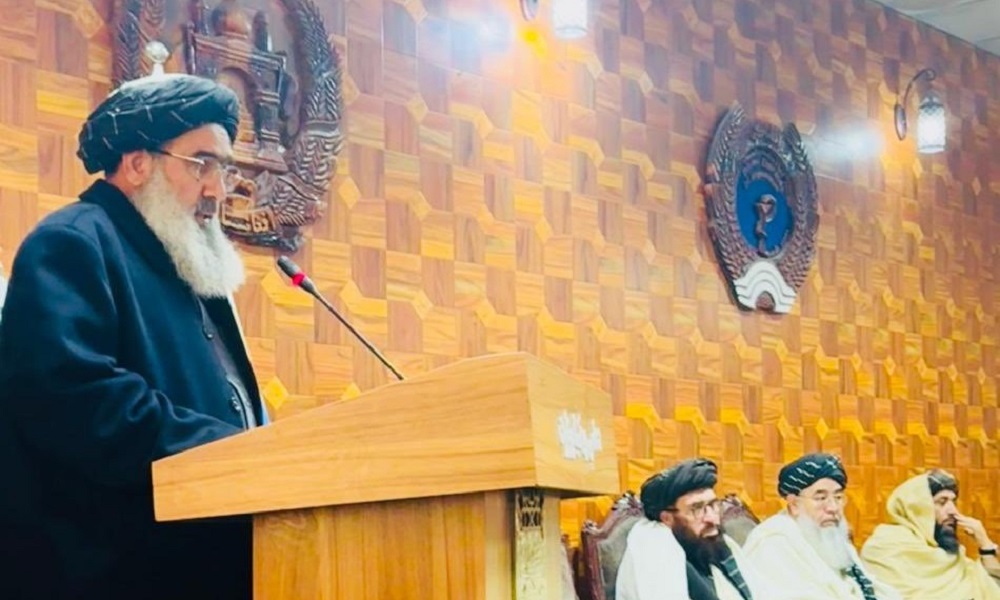
The Ministry of Public Health announced on Tuesday it has signed a cooperation agreement with the Ministry of Higher Education aimed at expanding scientific, research, educational, and technical cooperation.
At the signing ceremony held in Kabul, Noor Jalal Jalali, Minister of Public Health, said that the agreement would lead to significant improvements in the capacity-building of students and doctors, ensure that research is conducted based on evidence, and enable the collection of accurate data.
Meanwhile, Neda Mohammad Nadeem, Minister of Higher Education, described the agreement as beneficial to the public and to both institutions, stressing the need to train individuals at universities who can contribute to social development and make the country self-sufficient in the public health sector.
Latest News
UNAMA holds new round of Working Group meetings on counter-narcotics and private sector
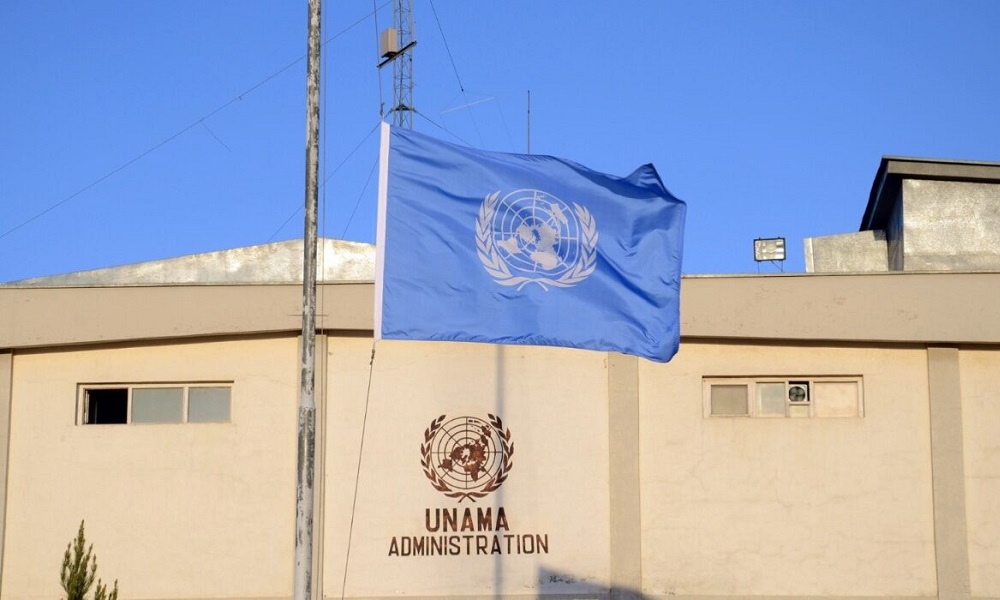
The United Nations Assistance Mission in Afghanistan (UNAMA) has convened a new round of Doha Process Working Group meetings focusing on counter-narcotics and private sector development.
The meetings, held in Kabul on February 3 and 9, brought together representatives of UN member states and international organizations, officials of the Islamic Emirate, and subject-matter experts.
According to UNAMA, discussions in the counter-narcotics working group centered on efforts by Islamic Emirate authorities and the international community to support alternative livelihoods for Afghans previously dependent on poppy cultivation and the illicit opium trade. Participants also reviewed drug-use prevention and treatment initiatives, as well as law-enforcement measures to curb narcotics production and trafficking.
The private sector working group focused on job creation and entrepreneurship, with particular attention to women’s participation in the private sector, market integration, access to finance, and the development of private banking and financial infrastructure.
UNAMA said both working groups identified priority areas for enhanced engagement and explored more effective and sustainable approaches to supporting Afghan men and women. Participants also examined the linkages between the two areas, noting that private sector development is a key source of livelihoods, while counter-narcotics efforts contribute to Afghanistan’s economic and social stability.
The working groups were established following the third Meeting of Special Envoys held in Doha, Qatar, in June and July 2024, in line with recommendations of the Independent Assessment endorsed by the UN Security Council. The process aims to promote more coherent, coordinated, and structured engagement with Afghanistan’s de facto authorities for the benefit of the Afghan people.
UNAMA added that stakeholders engage in the working groups on an ongoing basis, with full-format meetings convened periodically. Since their establishment, the groups have improved information-sharing, helped mobilize additional resources, and facilitated expert exchanges to strengthen support for the Afghan people.
Latest News
Economic Commission approves national policy for development of agriculture

At a regular meeting of the Economic Commission chaired by Mullah Abdul Ghani Baradar, Deputy Prime Minister for Economic Affairs, the National Policy for the Development of the Agriculture and Livestock Sector was approved.
According to a statement from the deputy PM’s office, the key objectives of the policy include the mechanization of the agriculture and livestock sector; development of agricultural, irrigation, and livestock research and extension systems; management of irrigation systems; support for investment in these sectors; and ensuring public access to high-quality agricultural and animal products.
During the same meeting, the development plan for the fish farming sector was also approved.
Under this plan, through private sector investment, 7,700 small, medium, and large fish production and farming facilities will be established on 6,500 hectares of land in various parts of the country.
The statement added that the implementation of this plan will create direct employment opportunities for 50,000 people and indirect employment for 250,000 others.
-

 Latest News4 days ago
Latest News4 days agoAfghanistan to grant one- to ten-year residency to foreign investors
-

 Sport5 days ago
Sport5 days agoIndonesia shock Japan to reach historic AFC Futsal Asian Cup final
-

 Sport3 days ago
Sport3 days agoIran clinch AFC Futsal Asian Cup 2026 in penalty shootout thriller
-

 Latest News4 days ago
Latest News4 days agoAfghanistan says Pakistan is shifting blame for its own security failures
-

 International Sports2 days ago
International Sports2 days agoWinter Olympics gain momentum as medal table takes shape
-

 Latest News4 days ago
Latest News4 days agoTraffic police receive new cars
-
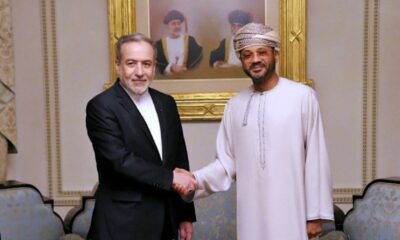
 Regional4 days ago
Regional4 days agoIran’s FM calls Oman-mediated talks with US ‘good start’
-
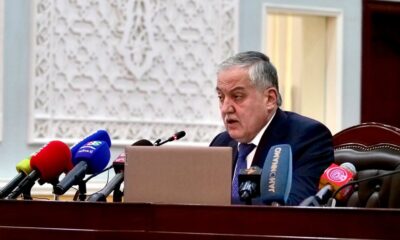
 Latest News3 days ago
Latest News3 days agoTajik foreign minister urges international community to help Afghanistan address its challenges
























